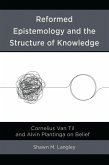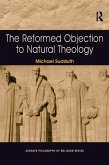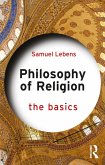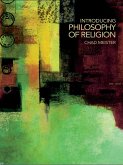Reformed Epistemology and the Structure of Knowledge: Cornelius Van Til and Alvin Plantinga on Belief develops a comparison of the epistemological formulations of Cornelius Van Til and Alvin Plantinga. Initial focus is placed on developing the extent to which Van Til's work demonstrates a discernible theory of knowledge, and an argument is made for interpreting his epistemology as directly dependent on the conceptual resources of British Idealism. It is shown through Van Til's appropriation of these resources that an idealist theory of knowledge is indispensable to, but not identifiable with, his distinct epistemological formulations. Attention then shifts to further clarification of these categories by way of Plantinga's proper functionalist account of warrant. Here the underlying structure of knowledge for both Van Til and Plantinga is examined, demonstrating that Van Til's formulations neither endorse an idealist coherentism nor exclude Plantinga's foundationalism. Subsequent comparisons then consider arguments for meaningful similarity between each program, and give special consideration to the implications of such a comparison for contemporary discourse surrounding Van Til and Plantinga.
Bitte wählen Sie Ihr Anliegen aus.
Rechnungen
Retourenschein anfordern
Bestellstatus
Storno









